By Nancy Taiani
A program for local environmental groups and community activists, focusing on healthy local food, environmental preservation and climate change.
Our goal is to introduce local environmental groups and community activists to each other; to have groups share their experience, projects, and activities; and to have groups find ways to work collectively to promote the greater environmental agenda.
Acting Locally for a sustainable world Conference – January 16, 2016
By Nancy Taiani
The auditorium room of the Montclair main library was filled with representatives of 30 organizations working for the planet and with people looking to collaborate and broaden their knowledge of sustainability.
The event was opened by Fred Chischester, President of CNNJ. Then, Jose German-Gomez, event organizer, gave a speech connecting Martin Luther King’s “I have a Dream” speech with the dream of affordable healthy local food for low income families.
Our first speaker, Claudia Urdanivia is the Program Operations Manager of City Green in Passaic County. The non-profit is dedicated to helping to establish urban farms and gardens in northern New Jersey’s cities and increase access to healthy, local food. In the process they encourage community involvement and teach participants about food systems, nutrition and the environment.
She spoke of how City Green envisions livable, green, sustainable urban communities. As a result of the urban farm, garden and greening projects carried out by the community with the help of City Green, residents have access to fresh produce; youth have volunteer, work and leadership opportunities in the community; and neighborhoods have welcoming natural areas—a focal point for sociability, community involvement, cultural expression and individual empowerment.
She also spoke about the City Sprouts Program that teaches children about the natural environment and healthy eating, as well as gives them the opportunity to participate in gardening experiences access to outdoor recreational activities in their own community.
Claudia showed us pictures of lush gardens in urban areas and spoke of the added benefit of empowering people who now were collaborating to improve their neighborhood in other ways. Some gardens produce a surplus of organic produce that is then sold through City Green’s Market program.
Anne Stires gave us all hope with a short Bioneer’s video and her photos from her own involvement with the Hilltop Conservancy. The film showed the before and after of the reclamation of a plane in China. We learned that, centuries ago, the people had cut down the trees. The wind and strong seasonal rains eroded the topsoil and then leached minerals out of the soil, often creating slurry and flooding of the habitable areas. The people lived from one generation to the next in poverty. In 1999 the plane appeared as an almost unbroken landscape of yellowish soil and craggy hills.
The Chinese studied and mapped out the area, then suggested that the people plant trees. In the video, one old man said, “Why plant trees? We can’t eat trees.” So the people were paid to plant. They terraced the terrain and planted saplings. Then we were treated to the same scene 15 years later. Now it was lush with trees and vegetation and we were told that the education level of the people had greatly increased too.
Anne’s pictures of the Hilltop, while not as dramatic as the Chinese plane, were also impressive. The area transitioned from a tuberculosis hospital, to a ruin, to a wildflower meadow.
Ivan Wei, who just achieved a BA in environmental studies, attended the COP21 Climate Conference in Paris. Though we could hardly be unaware of our warming climate—it was a mild day in the 50os in January—he shared charts proving our earth is warming. Thirteen of the 14 warmest years on record have occurred in this century. Following the two speakers who presented hopeful change, Ivan’s talk was a reminder of how great a task we face to mitigate disastrous climate change.
Ivan spoke of more marked contrasts in warming and cold spells as well as between drought and flooding. He said that our region was now rated seven and a half, where once we grew plants for region nine. If warming continues, he predicted that conifers would not survive our warmer winters; as they move north, so will the animals and insects that are part of their ecosystem. While some of us thought we wouldn’t mind the disappearance of insects, Ivan reminded us that bees are very necessary insects. We heard how in some areas in China bees have died out from colony collapse. Farmers have to pollinate fruit by hand.
During the visioning session lead by Gray Russell and Suzanne Aptman, there were suggestions to pass laws requiring carbon tax, the revenue of which would go toward funding green energy.
We were reminded that the poor suffer most from our unsustainable society. Claudia Urdanivia reiterated how the City Green program in Passaic not only taught the raising of vegetables, but helped lower income people to eat more healthily and sometimes, earn extra income.
Gray Russell mentioned that SNAP coupons were worth twice their value at the farmers’ market—another way to help those with less income eat better.
Our special thanks to the CNNJ Team of Trina Paulus, Jose German and Phil Yourish that organized the event, to the Northeast Earth Coalition for its generous financial contributions, and to Purple Dragon and Barbara Conover for supplying food.

Acting Locally for a sustainable world conference



